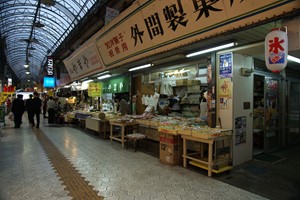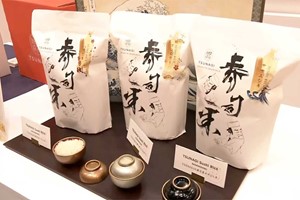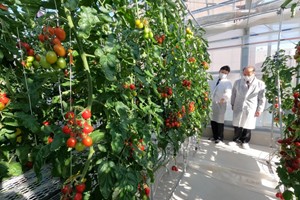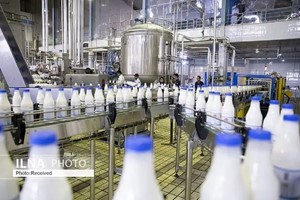The growing processed food industry in Japan is one of the key drivers for corrugated board market. Over the past few years, the introduction of new farm and food technologies coupled with cost-effective international transport has increased the trade of food products. A large number of multinational food companies are now actively engaged in global food trade. Fast-paced lifestyle of consumers in the country has led to an increase in the consumption of processed food as a replacement for homemade meals. The popularity of packaged sauces, meals-in-a-box, and instant meals has witnessed a rise in the past few years in the country, which in turn is expected to propel the corrugated box demand over the forecast period. Corrugated boxes are sustainable in nature on account of its organic content including starch glue and paper. Corrugated board is a one-material package, which can be easily disposed or pressed into an old-paper bale and folded for easy storage. The boxes or trays can be collected without further sorting. Thus, businesses and consumers widely employ this kind of packaging to save both money and time. In 2014, the country's government increased consumption tax from 5.0% to 8.0%. This move sent Japan's recovering economy into recession which led to the economy contracting by 1.6%. In 2014, the production of corrugated packaging was lower compared to the previous year owing to factors such as increased consumption tax and unsettled weather despite robust demand. The major application segments of the corrugated board are food products, electrical, beverages, personal & household care, and textiles. Food packaging was the largest application segment and accounted for more than 55.0% market share in 2014. The corrugated board has different applications for packaging and food transport. The packaging of food products with materials such as soft packages on account of its aesthetic appeal is expected to propel the corrugated box market growth. Research & development for new product development and promotion strategies to cater to consumer requirements such as safety & security of food is likely to drive the market. In Japan, electrical goods were the fastest-growing segment at a predicted CAGR of 1.5% from 2015 to 2022. Corrugated board containers for the electronics segment are expected to witness surging demand over the projected period. The products are transported through corrugated fiberboard containers. The fiberboard containers are low cost and exhibit properties such as lightweight. These containers protect electronic products from damage by acting as a shock absorbent. Furthermore, the boards are environment-friendly and can be recycled. Corrugated boards demand in textiles is expected to witness rapid growth due to sophistication in consumer demand coupled with high level of textile imports from China. A large number of producers are shifting their manufacturing bases to other economies, especially China owing to low prices, which has led to an increase in imports to Japan. This is expected to augment the demand for corrugated boards for safe transport of goods in the economy over the coming years. Japanese chemical industry is expected to witness steady growth on account of increasing joint ventures with Chinese and the Middle Eastern countries. Numerous air spaces in the liner provide high insulation and water resistance to products. These containers also act as a cushion to products, which thereby reduce the chances of damage. Water resistant corrugated boards are recyclable in nature and, therefore, used for the transportation of different chemicals and agro-based products. The soft packaging of these products is likely to witness steady growth on account of its aesthetic appeal. In Japan, the demand for alcoholic and non-alcoholic beverages is increasing due to the rise in middle-class population and a significant rise in per capita spending power. The presence of major beverage manufacturers in Japan coupled with the launch of new innovative ideas such as draft beer in cans and functional drinks is further anticipated to augment the consumption of corrugated boards in Japan. Key companies operating in Japan corrugated board market including Rengo Co. Ltd.; Japan Pulp and Paper Company Limited; Dynapac Co., Ltd.; Nippon Paper Group, Inc.; and Oji Holdings make up to 40-45% of the market share in the region. The market is highly competitive in nature with the presence of many multinational and local brands operating businesses through high production volumes. The industry participants are highly integrated from the manufacturing of corrugated boards to the sales and distribution. Majorly, the manufacturing location and distribution channels witness both regional and cross border trade. Capacity expansions and additions to the existing product portfolio to cater to the growing demand are the major strategies adopted by industry participants. The major features of the competitive environment comprise rapid new product development and technological innovation. Companies are investing heavily in the development of new products to maintain their stronghold in the market. End users are investing heavily in the research projects of industry participants, which is expected to heat up market competition in the future. The Japan packaging industry comprises organized medium to large players as well as very small players with localized presence. The industry is made up of a large number of manufacturers of primary materials, converted packages, machinery, and ancillary materials.� Domestic demand for corrugated packaging material is anticipated to grow rapidly within the next five years owing to which manufacturers are adopting scientific and functional packaging practices.


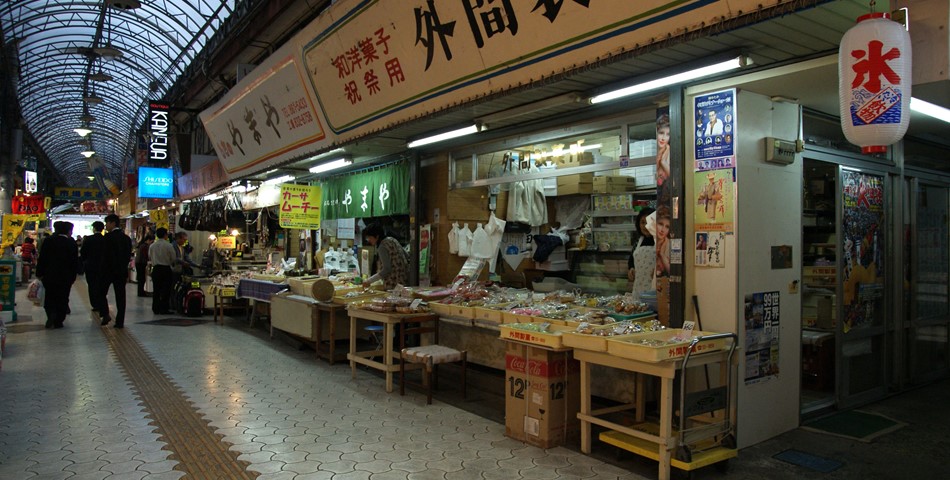
The Japan corrugated board market size was valued at USD4.71 billion in 2014 and is anticipated to witness significant growth owing to the rising demand for food products packaging, according to Grand View Research. The demand is likely to be driven by an increase in the use of corrugated boards for packaging over other paper products. Increasing demand for lightweight packaging materials is anticipated to have a positive impact on the Japan corrugated board market over the next seven years. The capacity addition in the market is focused on lightweight containerboards of 70-160 gsm, especially in the new Japanese and Chinese machines.



